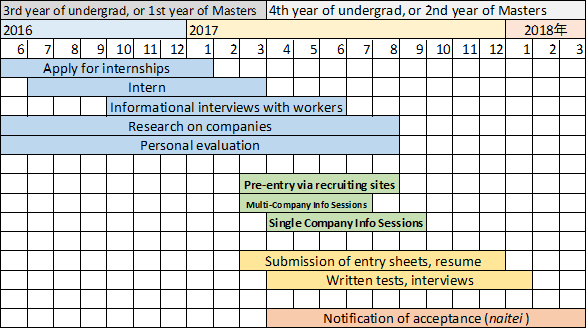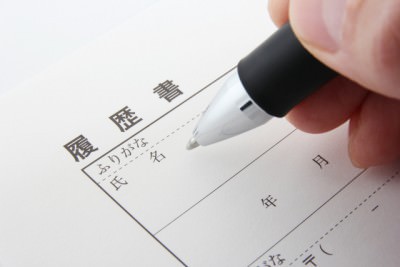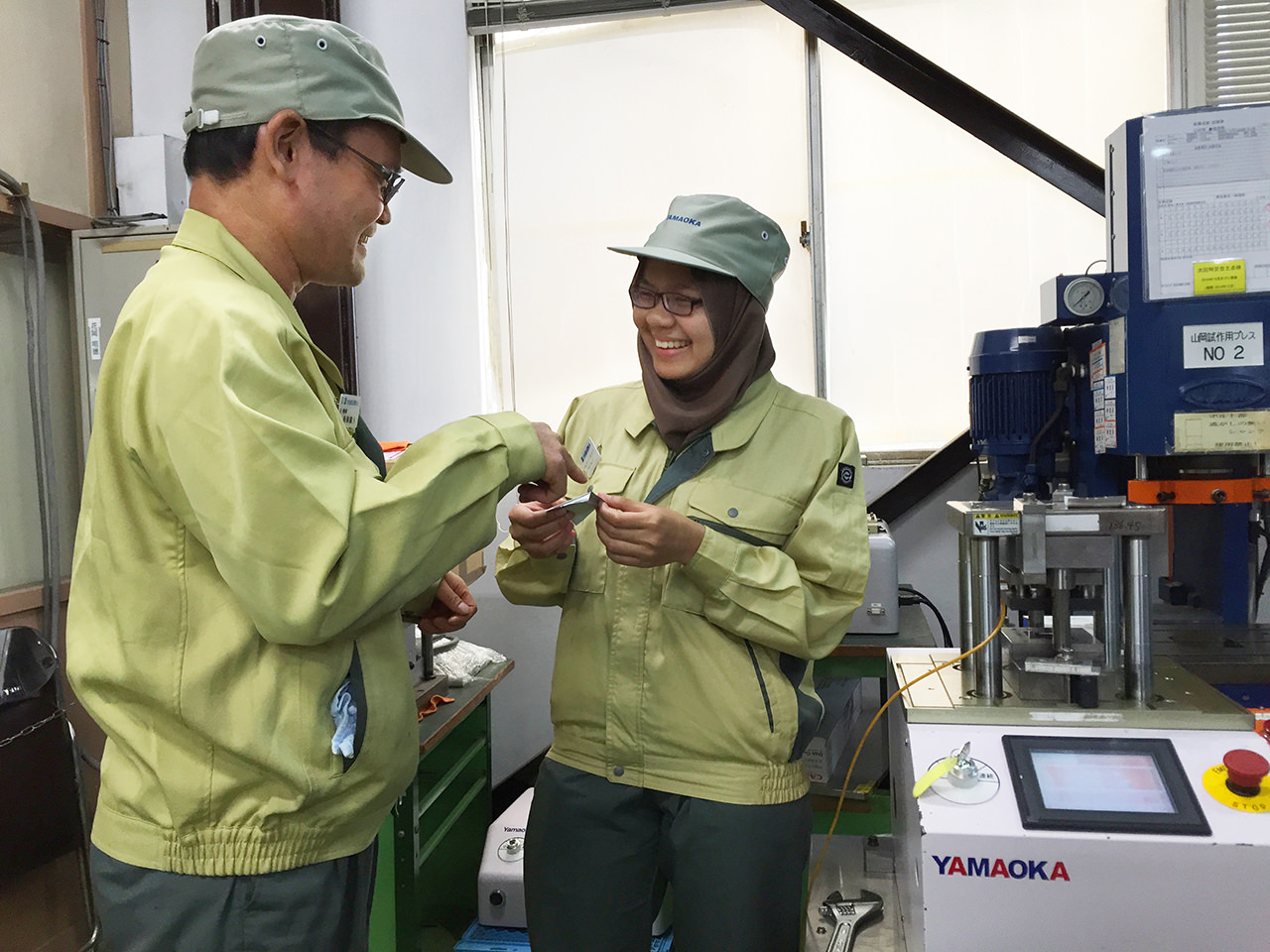Job-Hunting in Japan 101
2016.12.02

The ways in which young people go about searching for their first jobs may vary not only individually, but are also greatly influenced by the job systems in place in their home countries. Amongst these, the job hunting system in Japan, or shukatsu is fairly unique.
How is job-hunting in Japan different from in other countries?
Most companies in Japan hire batches of new college graduates at the same time, following a series of interviews and tests. These tests and interviews tend to be held during the same time period across companies in much the same way college entrance exams are held around the same time.
The reason for this batch-hiring is primarily because new graduates in Japan (who typically lack real-world work experience) are not typically hired to work in specific positions or departments, dependent on their skills, but rather are hired as lifetime employees of the company as a whole. In large companies employing this system, new graduate hires are often moved about the company for periods of a few years at a time, in order to experience different parts of the company as a whole. This is done with the understanding that they will work at the same company for the entirety, or the majority of their career after achieving the coveted position of “full-time employee,” although this system has recently begun to change. Still, because this form of hiring persists, many students are evaluated and hired based not upon their college major or studies, but because of their passion or presentation, and the suitability of their personality. This trend away from emphasis on one’s studies is most visible in the case of humanities students.
The Job-Hunting Schedule in Japan (for 2018)
For students who will graduate in 2018, the screening will begin in earnest beginning March 1st, 2017.
This schedule will vary between companies, so it’s always a good idea to check will the ones to which you’re applying. However, most companies will keep the following schedule.
Recruiting sites?
Recently, in many Western companies, job listing sites like LinkedIn, Indeed, and the like have become popular. Listings on such sites, however, are typically for specific positions, and are not applications to companies as a whole. The latter is much more common in Japan.
Soon-to-be-grads in Japan usually apply via a company’s recruiting website. The dates of company job fairs and presentations are listed on the site, and resumes and other documents requested by the company are submitted through the website.
What about internships?
Before actually beginning work, some companies offer internship opportunities for students to experience real-life work environments, though in Japan, this is still somewhat unusual.
Internships give an opportunity to experience the workplace environment, and to see whether or not the company is a good fit through informational sessions and simple workshops. Unlike internships in foreign countries, you may be limited to a sort of brief overview of the company, but an internship at a Japanese company is still an excellent chance to see a company for yourself.
If you’re interested in trying out a slightly longer, more in-depth internship, please have a look at the Consortium of Universities in Kyoto’s paid internship program (link in Japanese only).












